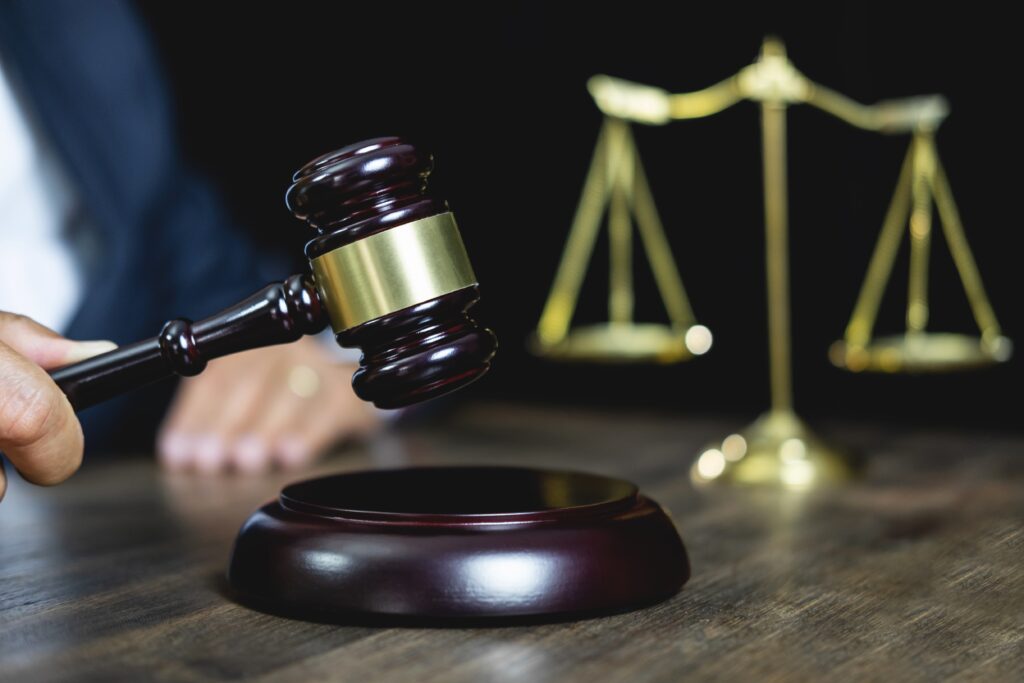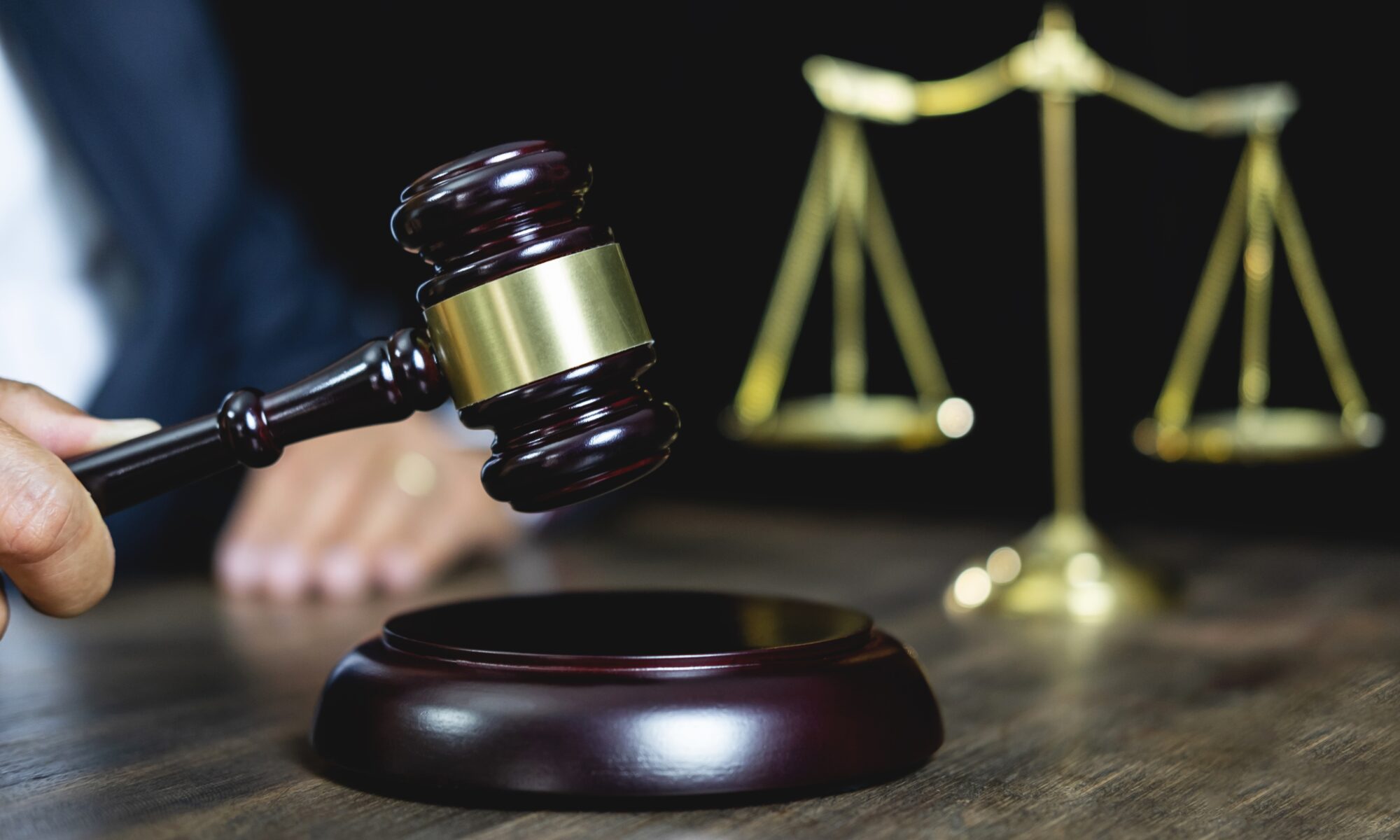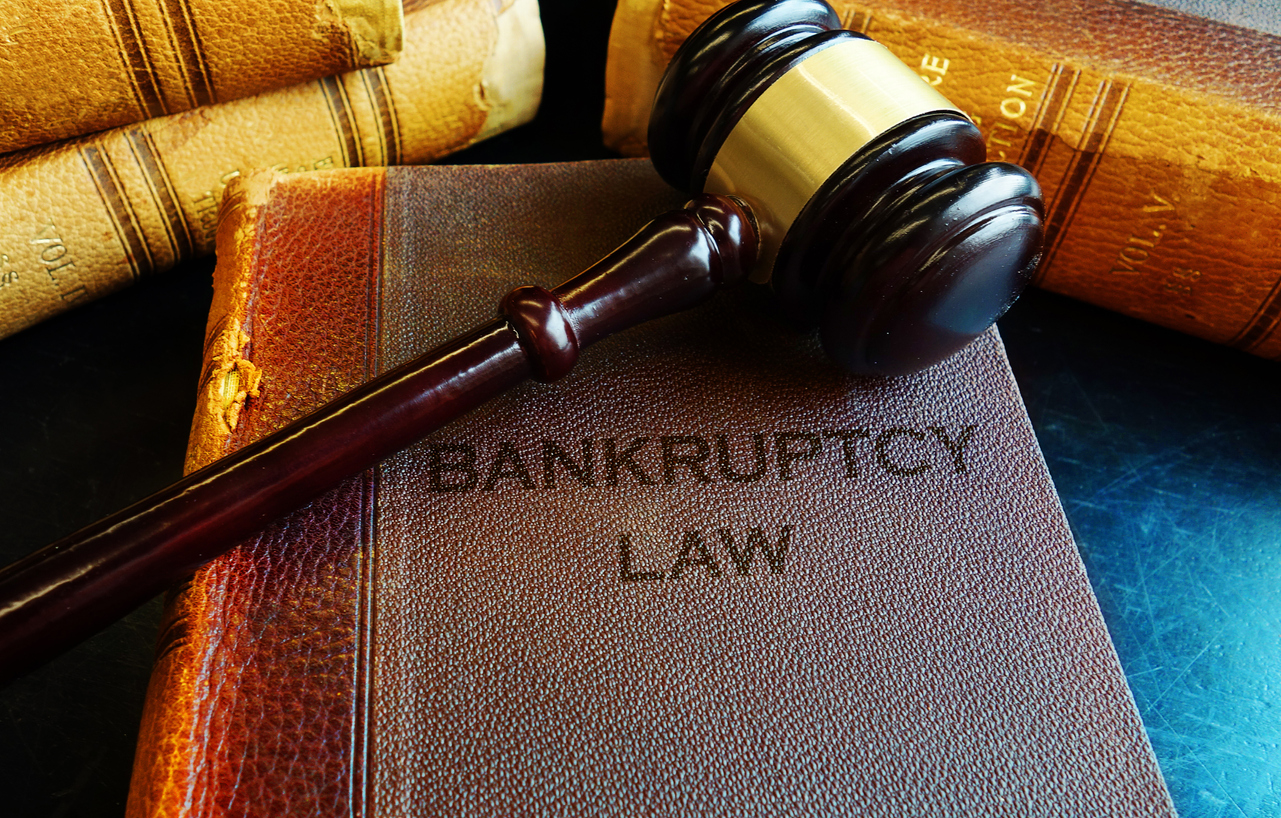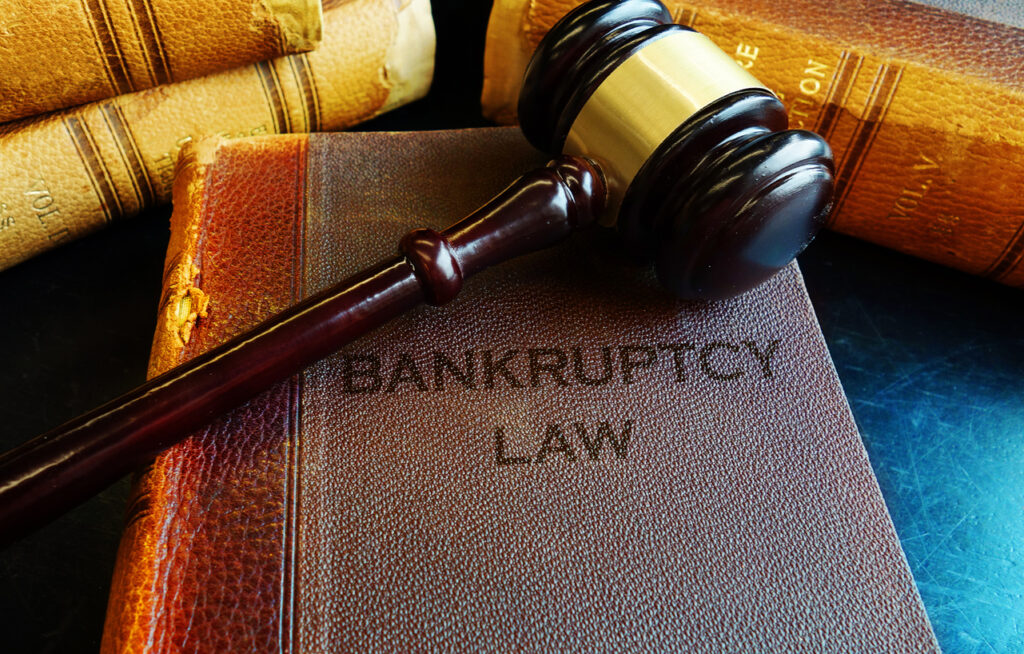
Filing for bankruptcy is often seen as a last resort. But sometimes, it’s the most pragmatic way to get back on your feet financially. Chapter 7 bankruptcy, in particular, has pros and cons that need to be carefully weighed before taking the plunge. Let’s review what Chapter 7 bankruptcy includes and how it could either be a lifeline or a burden, depending on your situation.
How Bankruptcy Has Changed Over the Years
Way back, bankruptcy used to be pretty much a one-way ticket to social and financial ruin. It was viewed more as a punishment for people who couldn’t manage their money rather than a tool for financial recovery. Debtors’ prisons, where people were thrown into jail for owing money, were a grim reality.
Fast forward to today, and bankruptcy has taken on a more rehabilitative role. The modern bankruptcy system aims to help people reset their financial status while providing them with the tools to manage their money more responsibly in the future. Chapter 7 bankruptcy, for example, allows you to discharge most of your debts, giving you a clean slate of sorts.
The Pros of Chapter 7 Bankruptcy
No Repossessions or Collections
One of the immediate benefits of filing for Chapter 7 is the automatic stay that goes into effect. This stops creditors from taking action to collect debts, repossess property, or garnish your wages. It gives you breathing room to sort out your finances.
Debt Relief
Chapter 7 lets you discharge unsecured debts like credit card balances, medical bills, and personal loans. This means you’re not required to pay them back. Basically, you get a reset button for much of your debt.
Cheap and Fast Processing
Chapter 7 is generally less expensive and quicker than other forms of bankruptcy. While you’ll need to pay for a bankruptcy attorney, the actual filing fees are relatively low:
- $245 case filing fee
- $75 miscellaneous administrative fee
- $15 trustee surcharge
Compared to the tens of thousands of dollars in debt you might have, these fees can seem minuscule. Plus, a Chapter 7 case can be completed in a few months, letting you get back to your life faster.
Flexibility for Credit
After you’ve successfully completed a Chapter 7 bankruptcy, you’re technically eligible to start building credit again. While the bankruptcy will stay on your credit report for up to 10 years, you’re not barred from taking out new credit. In fact, many people find that they can get approved for secured credit cards and even car loans not long after their bankruptcy is finalized.
Cons of Chapter 7 Bankruptcy
Filing for Chapter 7 bankruptcy does offer several advantages, but it’s not perfect. There are some substantial drawbacks that you need to consider carefully before taking this route.
Loss of Property
One major con of Chapter 7 is the potential loss of property. In this type of bankruptcy, non-exempt assets are liquidated, meaning they’re sold off to pay back your creditors. You’ll get to keep some basics, like your primary residence and car up to a certain value, but anything above and beyond those exemptions can be taken and sold. So if you have sentimental or high-value items that aren’t covered under state exemptions, you could lose them.
Credit Effects
Yes, Chapter 7 bankruptcy offers a fresh start, but it comes at a cost to your credit score. Your credit report will show the bankruptcy for up to 10 years, which can make it difficult to secure loans, credit cards, or even some types of employment. It’s a long road to rebuild your credit score, and bankruptcy will be a significant hurdle for a good chunk of that time.
Not All Debts Will be Discharged
Some debts are immune to Chapter 7. For example, student loans, child support, and most types of tax debt won’t be discharged. That means you’ll still be on the hook for these even after you’ve gone through the bankruptcy process. If a substantial portion of your debt is of this type, Chapter 7 might not offer the relief you’re seeking.
Cost Potential
While filing for Chapter 7 bankruptcy can seem like a budget-friendly option, there are some costs involved. You’ve got a $245 federal case fee, along with other administrative charges. These fees can be paid in up to four installments, with the last one due 120 days after filing the petition. If your income is below 150% of the federal poverty guidelines, you may be able to get these fees waived.
There’s also the means test if you’re earning more than a specific monthly limit. If your income exceeds the median salary for your state, you’ll have to go through this test to prove that you genuinely need to file for Chapter 7. Fail this test, and you could be converted to a Chapter 13 bankruptcy or even have your case dismissed, wasting time and money.
Filing Chapter 7 Bankruptcy for a Fresh Start and Debt Relief
If you’ve weighed the pros and cons and decided that Chapter 7 is for you, it can offer a fresh start and relief from many types of debt. While the drawbacks are real, the benefits can be life-changing, allowing you to move forward without the burden of insurmountable debt.
Contact the Law Offices of Robert S. Brandt to Request a Consultation and Learn About Your Options for Chapter 7 Bankruptcy
If you’re on the fence about filing for Chapter 7 bankruptcy, or you need professional advice tailored to your specific situation, consider reaching out to legal experts. Contact The Law Offices of Robert S. Brandt to request a consultationto go over your options and help you make an informed decision about whether Chapter 7 bankruptcy is the right path for you.









